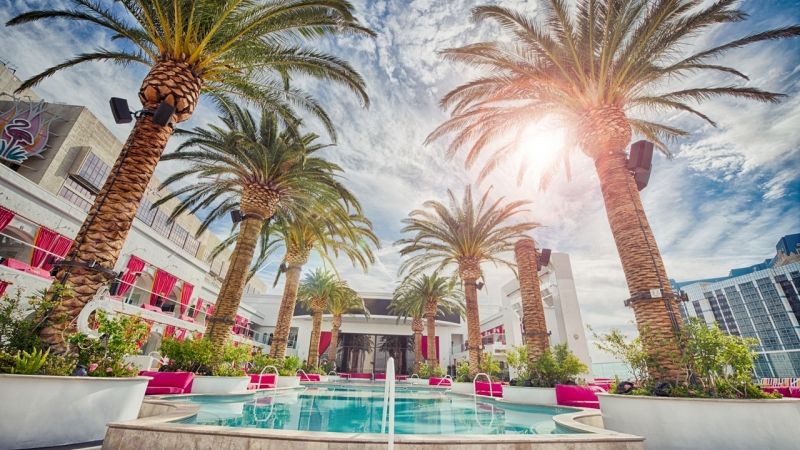
Do traveller reviews have a influence when you are choosing a hotel?
Apparently, they do for most of us…
I spend probably far too much of my hotel search time browsing through countless reviews, it is my guilty pleasure… along with more than one in three of us who will not book a hotel room without reading reviews.
As a hotelier, whether it is a large hotel chain that you are managing or a family-run hotel, it is all the result of the benefits reaped from favourable traveller reviews and or the sting of the occasional negative review.
In this day and age of digital media, we have changed the method of how we all shop for travel and hotels. It has democratized the way we share our reviews online. we are all empowered due to the access that we have to a wide array of websites and tools that allow us to search and compare every hotel instantly.

- 59% of holidaymakers say they compare prices online.
- 42% of holidaymakers used review websites while planning their holiday.
-
53% of the of us would not book a hotel that did not have any guest reviews online.
Traveller reviews are becoming more important when booking as over half of us say that review sites have the most influence on our booking decisions.
one-third of us have posted a travel-related review on review websites and 16% posted or mentioned a holiday experience on social media.
To have the opportunity to check the quality of a hotel and judge whether it will meet your expectations is limited, especially if you have not experienced the hotel or holiday destination. Hence, the internet is being extensively used by us to make the correct holiday decision like the destination to visit or a hotel to stay at.

Online reviews are becoming more relevant as 59% of consumers say that review sites have the most influence on their booking decisions.
one-third of us have posted a travel-related review on review websites and 16% posted or discussed their holiday experiences on social media.
For us travellers, the opportunity to check the quality of service and analyze whether it will meet our expectations is limited, especially if they have not experienced the hotel or holiday destination. Hence, the internet is being extensively used by consumers to make holiday decisions like the destination to visit or the hotel to book for a stay.
“We stayed here for two amazing weeks. The hotel is immaculate and the amenities are great. The beach is beautiful and the staff was friendly and helpful. We plan to return again in the near future” You must visit!
What we once knew as “word of mouth” has been now been replaced with “word of the internet,” an efficient way of spreading any news. Online reviews can be amazing when customers are praising a hotel’s effort. However, if even a single person voices his or her displeasure, now the task of winning back a hotel’s reputation will then be a priority.
This is especially true in the case of online travel reviews by consumers, we are sidestepping traditional sources and turning to social feedback from other people travelling around the world and peers on social networks for information and advice.
“All for very good reason as our time and money are precious and we all deserve to have value for money”
Online traveller reviews are also directly related to the way a hotel is classified. Hotels with 3 and 4-star ratings will have a greater scope for meeting and exceeding expectations than 5-star hotels and hence score relatively high on guest reviews as well.
Consumers and hoteliers agree that the classifications of hotels are important when choosing them, and guest reviews are even more crucial. Hoteliers favour the alliance of guest reviews into official classification systems of hotels but this support is limited, owing to the doubts about the authenticity of online guest reviews.
A study prepared jointly by the World Tourism Organization suggests that hoteliers for their own benefit, end up writing fictitious positive reviews for their own hotels while writing negative reviews about competing properties. The internet itself is proof of examples of businesses which have received poor reviews but have not opened shop as yet. What happens here is more positive rather than negative cheating.
A PhoCusWright study on TripAdvisor shows that 98% of consumers found that TripAdvisor hotel reviews accurately reflect the actual experience and that 95% would recommend TripAdvisor hotel reviews to others. The study further reflects that 53% of the consumers would not book a hotel that did not have any guest reviews on the site.

Importance of traveller reviews
Online reviews or electronic word-of-mouth are, at present, trustworthy sources of information which we refer to for forming a better picture of the destination or hotel.
Online reviews are an essential source of information for us travellers while booking accommodation online, Even if we do not book through a travel agent online, most of us will at least check on “Online Travel Agencies” and review sites prior to making a final decision.
Furthermore, the increase in the use of mobiles and tablets for booking anything travel related, makes online reviews all the more important. We should keep in mind that we do trust reviews by other travellers more than any other official business communication because they believe that those reviews are autonomous. Yet, some issues around fake reviews have reduced the trust that we place in them, yet these reviews still affect most travel decisions.
Some hoteliers still see reviews, especially negative reviews, as a burden and are coming to terms to improve their business. Hotels should embrace online reviews as constructive criticism, Hotels that respond to these types of reviews, quickly and honestly, and try to improve the root causes of the negative reviews will come out as winners in the long run.
Reviews, whether positive or negative, are both an opportunity to start a conversation and engage with guests.

Conclusion
Traveller reviews reveal many insights into the satisfaction level a hotel can provide to its guests. Managers can use this information to address the issues to ensure that future guests are satisfied.
The three main lessons a hotels marketing team need to take away when you analyse online reviews are:
- Online reviews are a resource, not a nuisance. So, hoteliers need to use them wisely to improve their business and guest loyalty.
- A genuine reply is good, but a review and a promise to make changes in response to the related issues is what will keep a hotel ahead of the competition.
- Management needs to coordinate responses across departments to ensure that employees are aligned on meeting guests’ expectations.
“The question is not whether to monitor and respond to online reviews, but how to do so, which will keep us happy and writing positive reviews and most importantly, returning”
So, what is you opinion?
If you like my article and want to have a say, leave your comments below.


Recent Comments